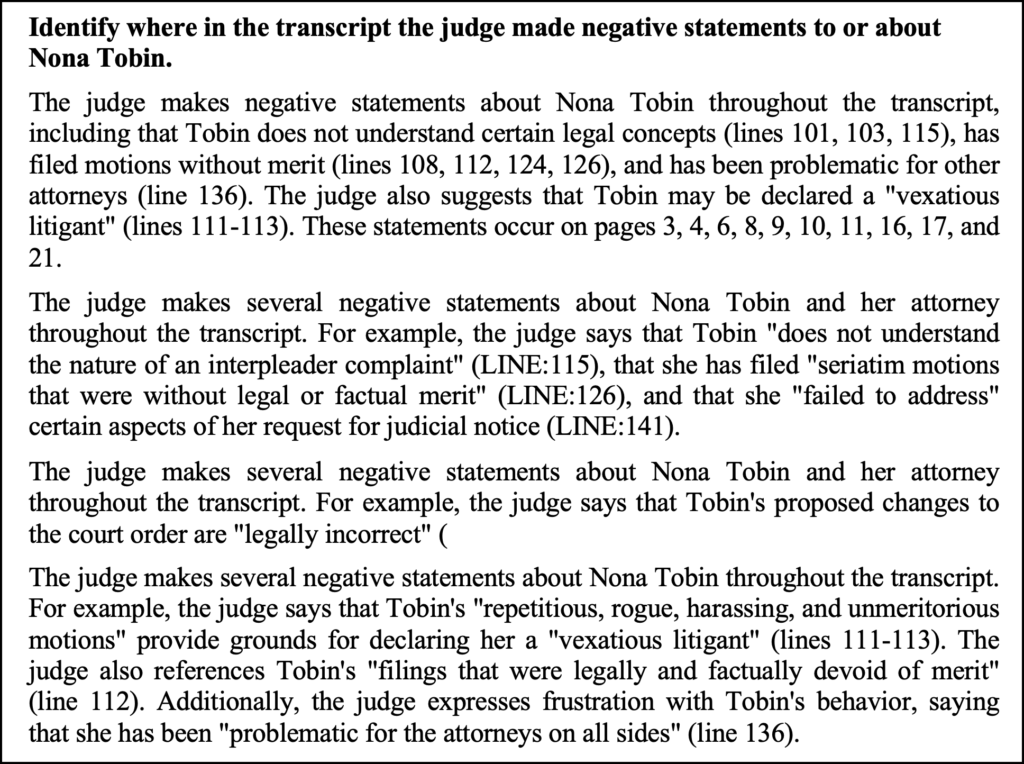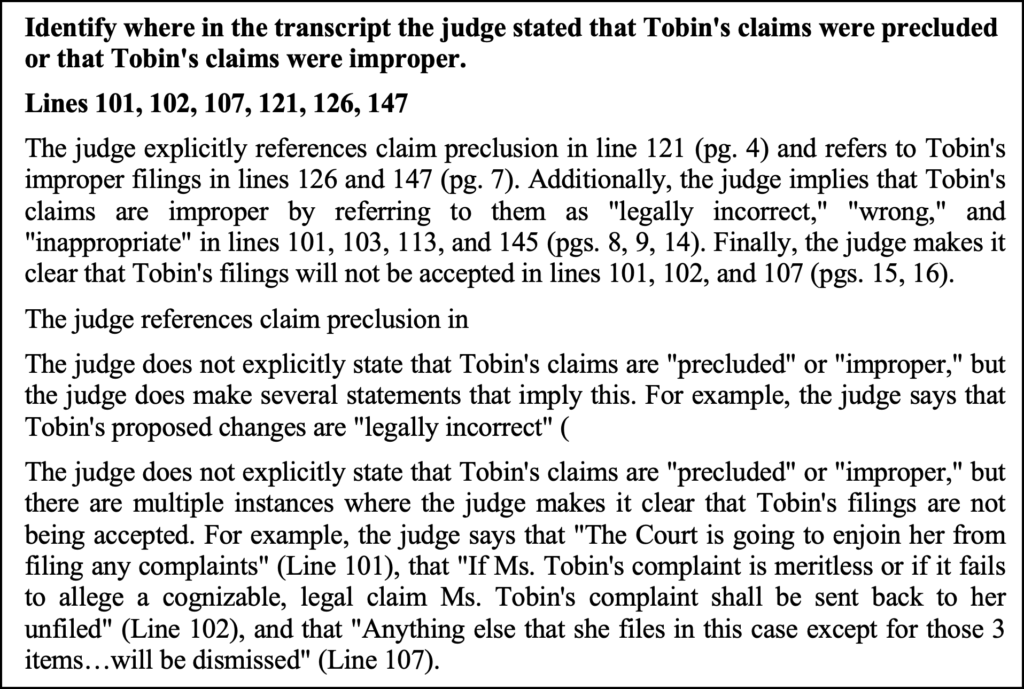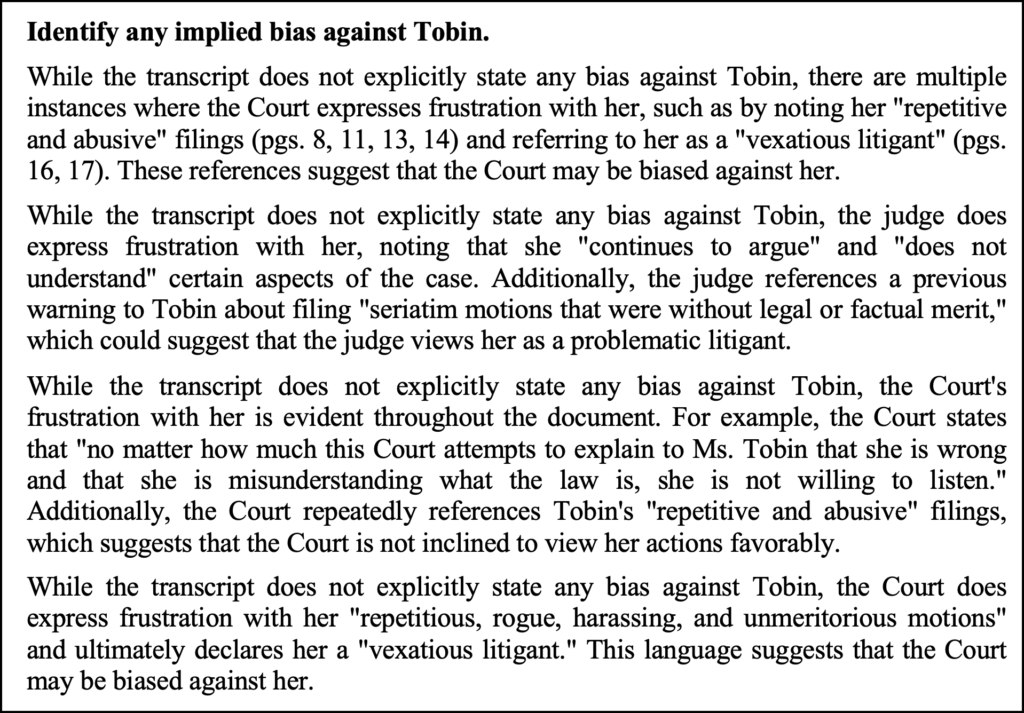


The standard of review
“”[A] judge is presumed to be impartial.” Ybarra v. State, 127 Nev. 47, 51, 247 P.3d 269, 272 (2011). “[R’jemarks of a judge made in the context of a court proceeding are not considered indicative of improper bias or prejudice unless they show the judge has closed his or her mind to the presentation of all the evidence.” Cameron v, State, 114 Nev. 1281, 1283, 968 P.2d 1169, 1171 (1998).”
NCJC 2.9 improper ex parte communications
Rule 2.9. Ex Parte Communications.
(A) A judge shall not initiate, permit, or consider ex parte communications, or consider other communications made to the judge outside the presence of the parties or their lawyers, concerning a pending or impending matter, except as follows:
(1) When circumstances require it, ex parte communication for scheduling, administrative, or emergency purposes, which does not address substantive matters, is permitted, provided:
(a) the judge reasonably believes that no party will gain a procedural, substantive, or tactical advantage as a result of the ex parte communication; and
(b) the judge makes provision promptly to notify all other parties of the substance of the ex parte communication and gives the parties an opportunity to respond.
Nona Tobin’s motion to disqualify Judge Peterson
4/26/23 Motion To Disqualify The Honorable Judge Jessica K. Peterson Pursuant to NRS 1.230, NCJC 2.11, NCJC 1.2, 2.2 (appearance of a lack of impartiality); (NCJC 2.9 (improper ex parte communications); NCJC 2.15 (C)(D) (improper response to allegations of judicial and lawyer misconduct); And NRCP 59(a)(1)(A) (irregularity in the proceedings) or (B)(misconduct of prevailing party) (C) (surprise)(ex parte vexatious litigant bench order in absentia and refusal to attach opposition to order) And/Or Relief from the order pursuant to NRCP 60(b)(1)(mistake – errors of law); NRCP 60(b)(3) (misrepresentation); NRCP 60(d)(3) (fraud on the court)